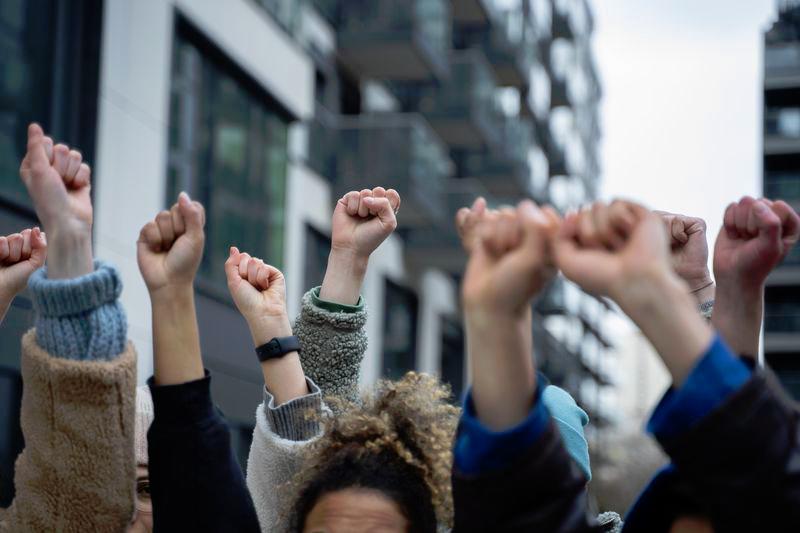IN today’s educational system, where policy shapes the future of the next generation, an important voice is often not heard: the voice of youth.
However, as we delve deeper into the educational system, it becomes apparent that to improve it, we must move past the traditional ways of formulating policies, wherein including young people in the process is not only an aspiration but a necessity.
Youth engagement and participation in shaping education policy highlights the essential role that young people can play in influencing education policies at the national and international levels.
Youths are the leaders who will ensure that education accomplishes its intended purpose as an influence for good change, whether by encouraging an inclusive curriculum or switching from conventional to creative teaching techniques.
Why is youth engagement in education policy-making so important?
Firstly, young people can offer a fresh perspective on the current state of affairs. Their first-hand knowledge gained as students implies that their opinions are crucial to the development of educational policies and the improvement of educational systems.
By actively including young people in policy discussions, we can ensure that educational policies are up-to-date, concerns are resolved and needs are addressed.
Secondly, youth participation encourages young people to feel empowered and take charge of their education. Students can gain more independence when they are placed in an environment that values and respects their opinions since this allows them to take ownership of their educational journey.
In addition, it can boost their interest and involvement, aiding in the development of other intellectual skills, including teamwork, leadership and problem-solving.
Engaging youth in educational politics is the next important factor as it enables not only microeconomic changes but also profound social changes.
By advocating for national minority groups and pursuing greater equity in education, the younger generation can be a key force in transforming society into a more democratic one.
Through these resolute endeavours in civil rights activism and tireless efforts to influence policymaking, youths can compel the status quo to be questioned, speak up for structural change and consequently make a difference on the local, national and global levels of civilisation.
However, youth involvement in policymaking will not happen spontaneously; it requires serious effort and commitment from all involved parties.
Educational institutions, commercial investors, civil society organisations and relevant authorities must create effective platforms for youths to play a role in decision-making.
This specifically refers to creating youth participation channels, facilitating projects tackled by young people and funding programmes that promote youth leadership development.
Creating an atmosphere of communication, respect and harmony is also vital to garnering the opinions and involvement of youth in the decision-making process regarding educational policy formation.
Merely urging young people to participate in policy discussions is insufficient; policymakers must genuinely consider their real thoughts, views and perspectives.
In conclusion, involving youths in the process of forming education policy is not merely one of many priorities; it serves as the foundation for a system that is fair, inclusive and responsive to the needs of society.
One of the greatest benefits of philosophy is the encouragement for young people to become active change agents in education, with the ultimate goal for them to reach their full potential and lay the foundation for a more prosperous and brighter future for all.
”We cannot always build the future for our youth, but we can build our youth for the future.” – 32nd president of the United States Franklin D. Roosevelt
The writer is a student at the International Islamic University Malaysia. Comments: letters@thesundaily.com









